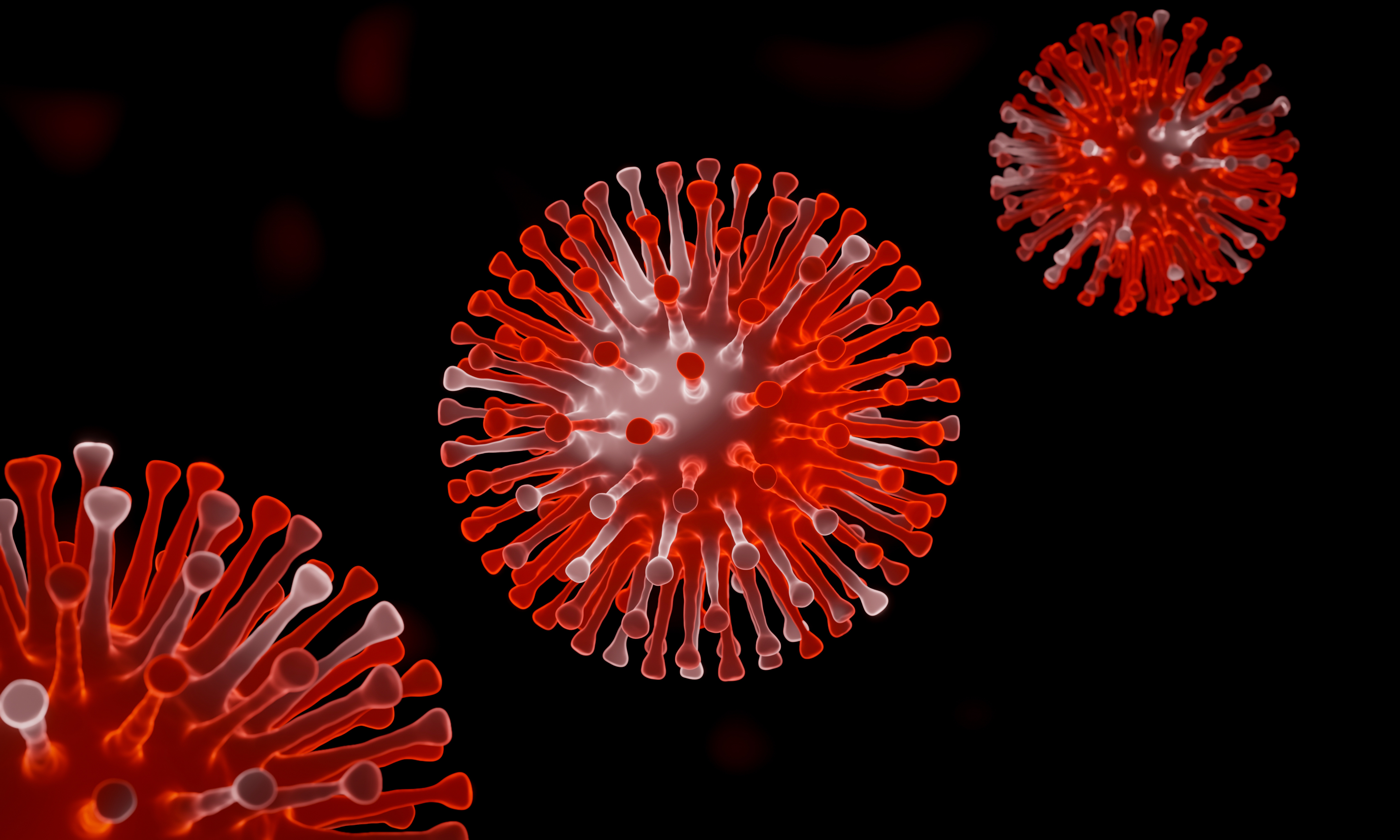
Investigators looked into whether COVID-19 infection may be associated with the development of alopecia areata, according to a research letter published by Kim et al in JAMA Dermatology. Previous studies have identified a potential link between COVID-19 and autoimmune diseases such as systemic lupus erythematosus, rheumatoid arthritis, and inflammatory bowel disease. In a propensity score–matched, nationwide, population-based cohort study, investigators used the Korea Disease Control and Prevention Agency–COVID-19–National Health Insurance Service cohort to analyze the deidentified data of 259,369 patients with COVID-19 infection and 259,369 controls. Compared with controls, the researchers found that the patients who had COVID-19 infections had an increased risk of telogen effluvium (adjusted hazard ratio [HR] = 6.40, 95% confidence interval [CI] = 4.92–8.33) and alopecia areata regardless of the clinical subtype (adjusted HR = 1.82, 95% CI = 1.60–2.07). Further, when patients with COVID-19 infections were compared with controls, the incidence of alopecia areata was 43.19 vs 23.61 per 10,000 person-years, the incidence of patchy alopecia areata was 35.94 vs 19.43 per person-years, the incidence of alopecia totalis and alopecia universalis was 7.24 vs 4.18 per person-years, and the prevalence of alopecia areata and both alopecia totalis and alopecia universalis was a respective 70.53 vs 52.37 and 12.39 vs 8.97 per 10,000 person-years. Although the investigators did not find an association between COVID-19 infection and alopecia areata, they noted that study limitations—including the small sample size and use of data from early phases of the pandemic—may have affected the findings. Conversely, they did identify a higher incidence and prevalence of the condition following infections compared with the period prior to the pandemic. The investigators concluded that COVID-19 infection as well as psychological stress may contribute to the exacerbation of alopecia areata.